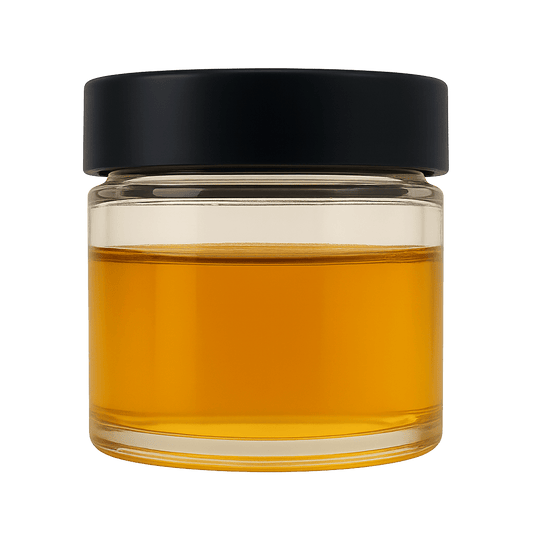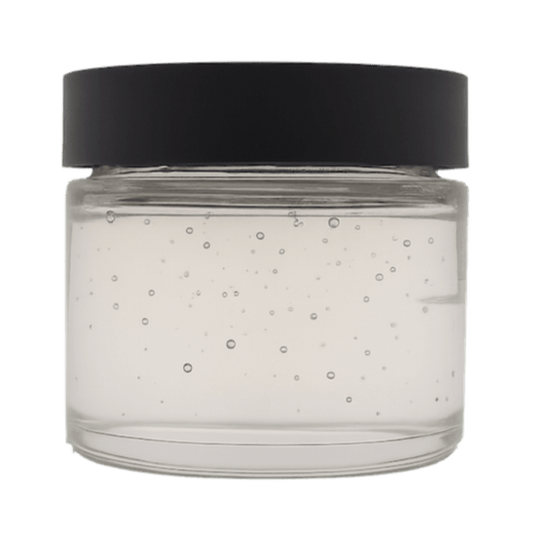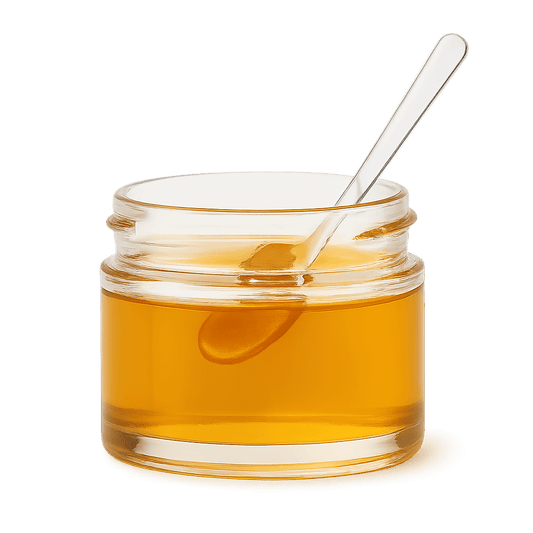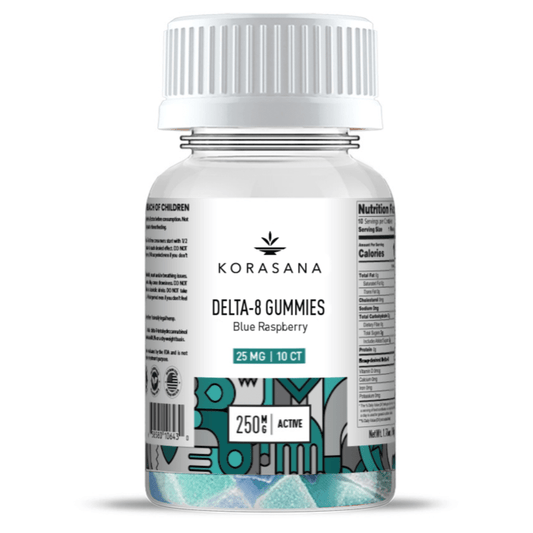Is Delta 8 THC Legal in Indiana?
YES - Delta 8 THC is Legal in Indiana
Delta 8 THC is legal in Indiana, specifically when it is derived from hemp and not from marijuana. The legality hinges on the source of the Delta 8 THC due to Indiana's strict marijuana laws. Marijuana-derived Delta 8 is not legal in the state, given Indiana's stringent regulations against marijuana possession and use. Possession of even small amounts of marijuana can lead to significant legal consequences.
However, hemp-derived Delta 8 falls under a different legal category, thanks to the 2018 Farm Bill, which federally legalized hemp and hemp derivatives containing up to 0.3% Delta 9 THC. Indiana allows the sale and possession of hemp-derived Delta 8 THC products as long as they adhere to this federal regulation. The state does not extend its harsh marijuana laws to hemp-derived products, thus permitting Delta 8 THC derived from hemp, provided it contains 0.3% or less Delta 9 THC.
Despite its legality, the Delta 8 THC market in Indiana has encountered legal uncertainties. A notable instance occurred when Indiana's Attorney General issued an opinion in January, suggesting that Delta-8 and other hemp-derived products are illegal, leading to law enforcement actions against businesses selling these products. This situation prompted industry members to file a lawsuit, challenging the attorney general's stance and seeking clarity on the legal status of Delta 8 THC products derived from hemp.
This ongoing legal dispute highlights the complexities and evolving nature of cannabis-related laws in Indiana. While hemp-derived Delta 8 THC remains legal, the industry faces challenges from regulatory interpretations and enforcement actions that could impact its accessibility and legality in the future.
Legal Status of Delta 8 in Indiana
To understand the legal landscape surrounding Delta 8 THC in Indiana, it's crucial to consider both state and federal laws. The 2018 Farm Bill, formally known as the Agricultural Improvement Act of 2018, plays a significant role at the federal level. This legislation redefined hemp as cannabis with a delta-9-tetrahydrocannabinol (Delta-9 THC) concentration of not more than 0.3 percent on a dry weight basis and removed it from the Controlled Substances Act (CSA), effectively legalizing hemp and its derivatives at the federal level, including cannabinoids, extracts, and compounds like Delta 8 THC, as long as they meet the specified THC threshold.
At the state level, Indiana's approach to cannabis, including both marijuana and hemp, is defined through various state laws. Indiana Senate Bill 516, passed in 2019, established the Indiana Hemp Advisory Committee and further aligned state law with the 2018 Farm Bill by setting the groundwork for hemp cultivation, production, and sale within the state. This bill does not explicitly mention Delta 8 THC but legalizes hemp and all hemp-derived compounds, extracts, cannabinoids, isomers, etc., with Delta-9 THC concentrations of not more than 0.3 percent.
The legal contention surrounding Delta 8 THC in Indiana, as highlighted in the lawsuit following the attorney general's advisory opinion, revolves around the interpretation and application of these laws. The attorney general's January opinion suggested that products containing Delta 8 THC are illegal under state law, a stance that contradicts the perceived legality under the 2018 Farm Bill and subsequent state regulations supporting hemp-derived products. This has led to a legal dispute aiming to clarify whether Delta 8 THC, derived from hemp in compliance with federal THC content limits, can be considered legal under Indiana state law.
Given these circumstances, the legality of Delta 8 THC in Indiana hinges on ongoing legal interpretations and the outcomes of disputes like the one initiated by industry members against the attorney general's opinion. While hemp-derived Delta 8 THC appears to be legal under federal law and Indiana's adaptation of hemp regulations, the enforcement of these laws and the interpretation of "hemp products" remains a gray area, subject to legal challenges and clarification.
SENATE ENROLLED ACT NO. 516
SECTION 6. IC15-15-13-6
“Hemp” means the plant Cannabis sativa L. and any part of that plant, including the seeds thereof and all derivatives, extracts, cannabinoids, isomers, acids, salts, and salts of isomers, whether growing or not, with a delta-9-tetrahydrocannabinol concentration of not more than three-tenths of one percent (0.3%) on a dry weight basis, for any part of the Cannabis sativa L. plant.
SECTION 7. IC15-15-13-6.5
“Hemp product” means a product derived from, or made by, processing hemp plants or plant parts including derivatives, extracts, cannabinoids, isomers, acids, salts, and salts of isomers. However, the term does not include:
(1) smokable hemp (as defined by IC35-48-1-26.6); or
(2) products that contain a total delta-9-tetrahydrocannabinol concentration of more than three-tenths of one percent (0.3%) by weight
ARTICLE 48. CONTROLLED SUBSTANCES
IC 35-48-1-19 “Marijuana”
Sec. 19. (a) “Marijuana” means any part of the plant genus Cannabis whether growing or not; the seeds thereof; the resin extracted from any part of the plant, including hashish and hash oil; any compound, manufacture, salt, derivative, mixture, or preparation of the plant, its seeds or resin.
(b) The term does not include:
(1) the mature stalks of the plant;
(2) fiber produced from the stalks;
(3) oil or cake made from the seeds of the plant;
(4) any other compound, manufacture, salt, derivative, mixture, or preparation of the mature stalks (except the resin extracted therefrom);
(5) the sterilized seed of the plant which is incapable of germination; or
(6) industrial hemp (as defined by IC 15-15-13-6).
As added by P.L.5-1988, SEC.199. Amended by P.L.165-2014, SEC.3.
IC 35-48-2 Chapter 2. Classification of Drugs
(d) Hallucinogenic substances. Unless specifically excepted or unless listed in another schedule, any material, compound, mixture, or preparation which contains any quantity of the following hallucinogenic, psychedelic, or psychogenic substances, their salts, isomers, and salts of isomers whenever the existence of these salts, isomers, and salts of isomers is possible within the specific chemical designation (for purposes of this subsection only, the term “isomer” includes the optical, position, and geometric isomers):
(31) Tetrahydrocannabinols (7370), including synthetic equivalents of the substances contained in the plant, or in the resinous extractives of Cannabis, sp. and synthetic substances, derivatives, and their isomers with similar chemical structure and pharmacological activity such as:
(A) π1 cis or trans tetrahydrocannabinol, and their optical isomers;
(B) π6 cis or trans tetrahydrocannabinol, and their optical isomers; and
(C) π3,4 cis or trans tetrahydrocannabinol, and their optical isomers.
Since nomenclature of these substances is not internationally standardized, compounds of these structures, regardless of numerical designation of atomic positions are covered. Other name: THC.
For the most current information and detailed analysis of the legal situation, it would be advisable to consult legal experts or follow updates from reputable sources such as state government websites or legal analyses published by law firms specializing in cannabis law.
The information provided on this website does not, and is not intended to, constitute legal advice or any statements regarding the status of any laws. The information, content, and materials present on this site are for general informational purposes only and should not be relied upon for any specific purpose. Laws vary across different states and are subject to change. Therefore, information on this website might not reflect the most recent legal or other developments. Read our full legal disclaimer HERE.






